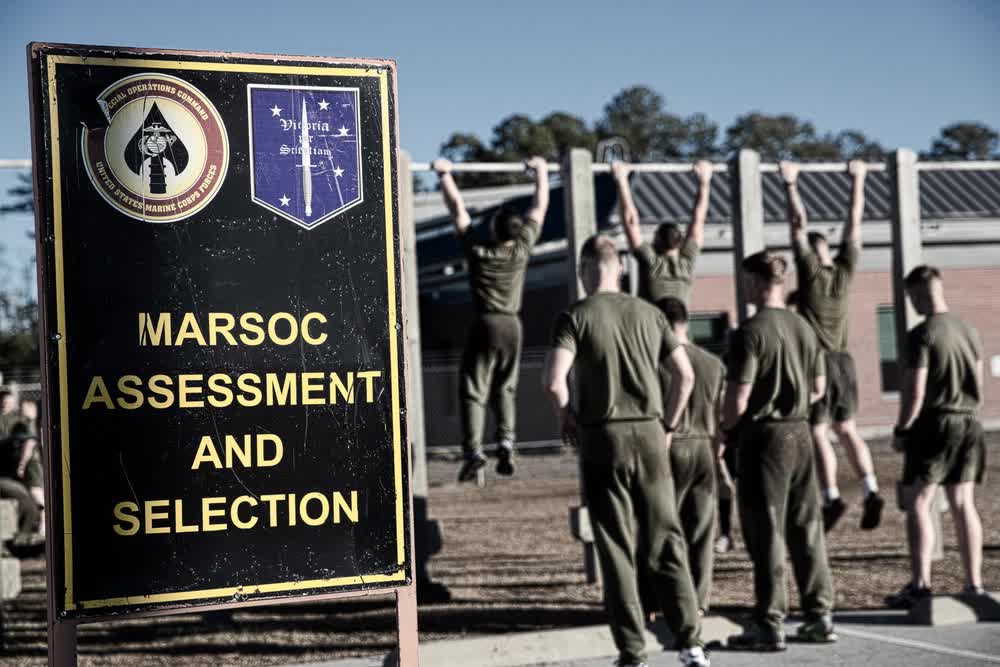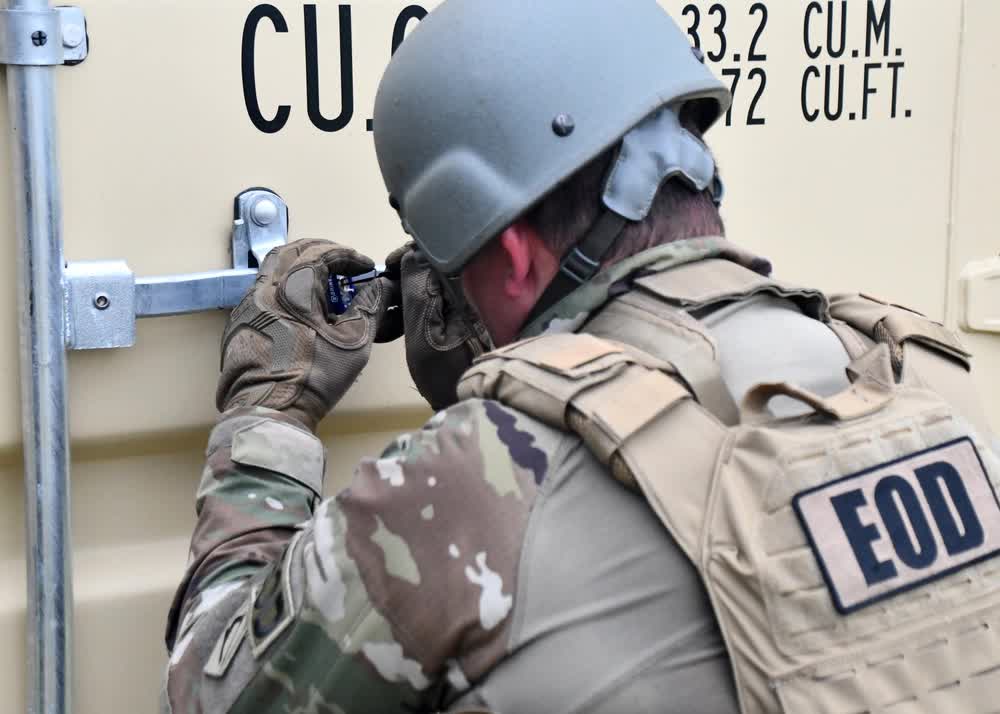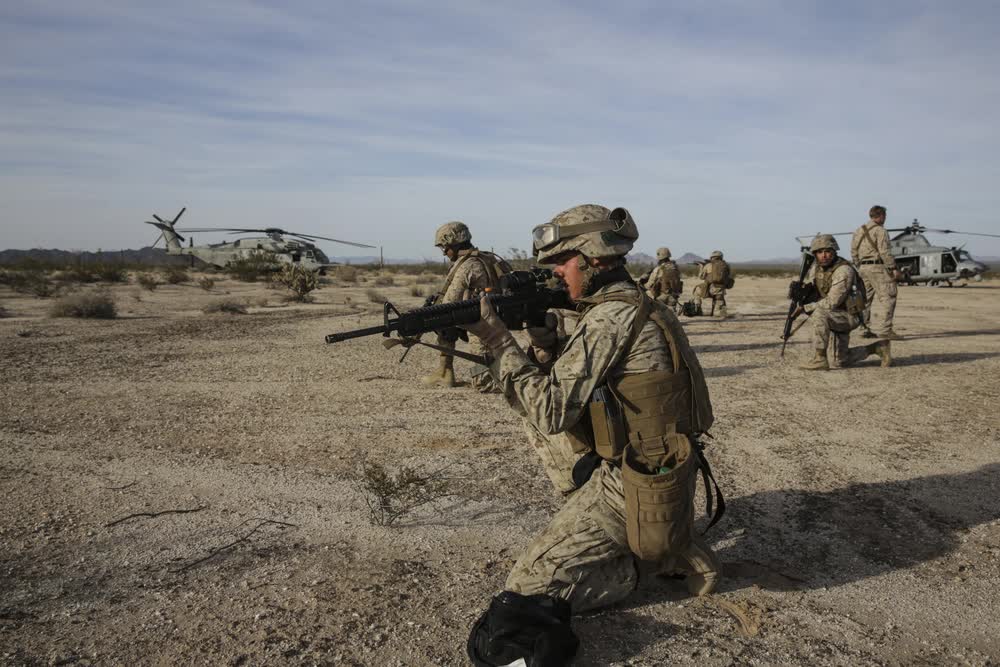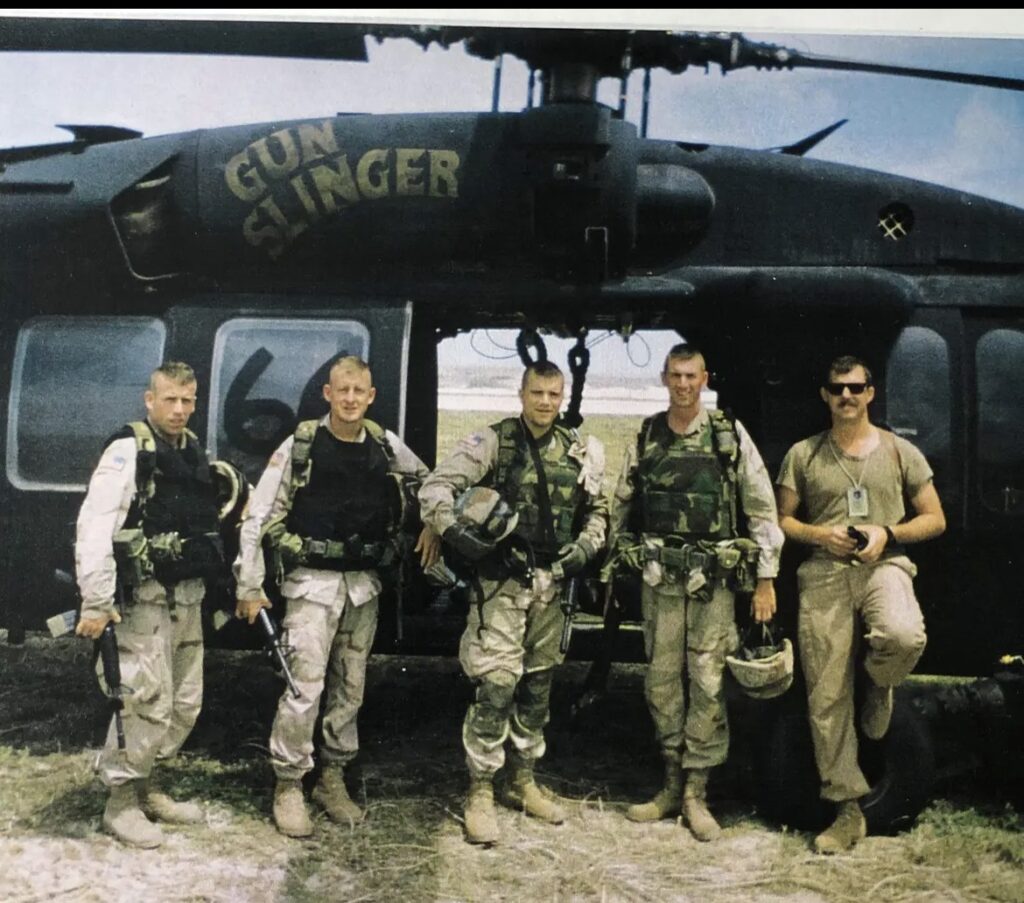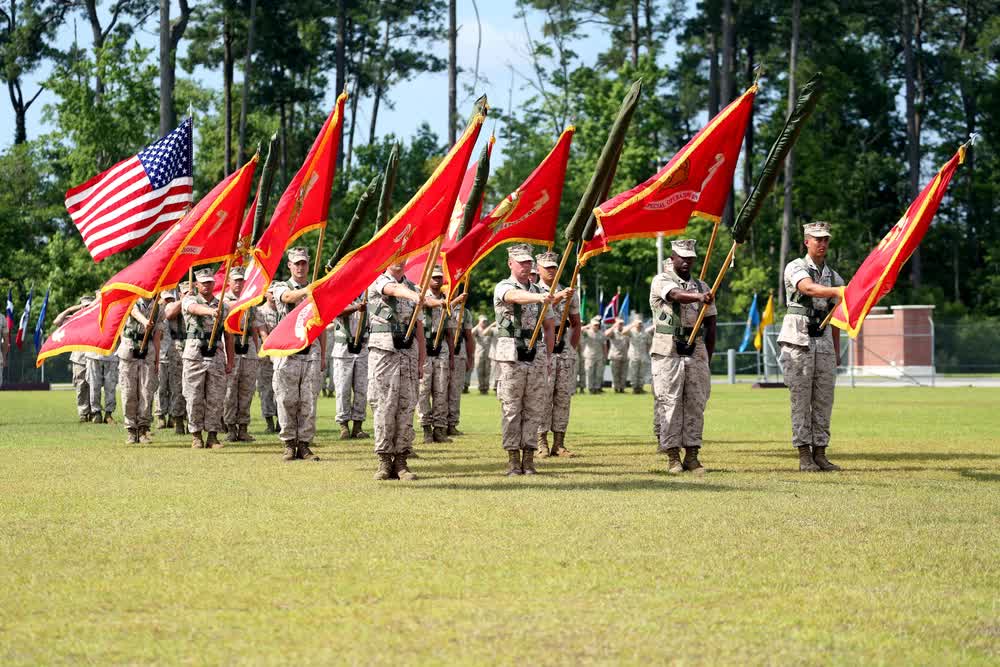Editor’s Note: This article was sponsored by the Marine Corps Special Operations Command (MARSOC) and contains content developed in collaboration with their team.
Within the enigmatic world of special operations, where the standards for excellence are uncompromising and the missions are among the most demanding on the planet, the Marine Corps Forces Special Operations Command’s Assessment and Selection process stands as a formidable crucible.
It is here that aspiring warriors, driven by an unyielding commitment to service and an unwavering desire to become part of an elite brotherhood, are subjected to a rigorous test of physical, mental, and emotional fortitude. The few who emerge become legendary Marine Raiders.
The crucible of selection
MARSOC’s Assessment and Selection is a process designed to identify and mold the finest warriors into Marine Raiders. This transformative journey begins with a strict screening process to ensure that candidates meet the prerequisites for selection. Candidates must be active-duty Marines and meet the minimum requirements in terms of rank, physical fitness, and service obligations. Once these prerequisites are met, the candidates are invited to participate in the Assessment and Selection process.
Phase I: Physical fitness and mental toughness
The first phase of MARSOC’s Assessment and Selection focuses on physical fitness and mental toughness. Candidates are subjected to a series of grueling physical fitness tests, including timed runs, swims, hikes, and obstacle courses. These challenges are designed to push candidates to their limits, testing their endurance, strength, and resilience under pressure.
But Assessment and Selection is not solely a physical trial – it is equally a test of mental fortitude. Candidates are evaluated on their ability to think and make decisions under stress, their adaptability in challenging situations, and their commitment to the mission and their teammates. It’s a holistic assessment that goes beyond raw physical prowess.
Related: What exactly is MARSOC, the Marines’ elite special operations component?
Phase II: Special operations individual skills
Phase II of Assessment and Selection is where candidates are introduced to the specialized skills required of Marine Raiders. This phase includes training in small unit tactics, land navigation, and other essential skills needed for special operations. Candidates are tested on their ability to operate in demanding environments, work as part of a team, and solve complex problems under pressure.
One of the defining features of MARSOC’s Assessment and Selection is its realistic training scenarios. Candidates are often placed in scenarios that mimic the challenges they may face in actual special operations missions. This ensures that those who pass the selection process are not only physically fit but also mentally prepared for the unpredictable nature of their future missions.
Phase III: Collective training
In the third and final phase of Assessment and Selection, candidates are evaluated on their ability to work as part of a team. Special operations missions often require seamless cooperation between team members, and this phase is designed to assess a candidate’s ability to contribute effectively to a group effort.
Teamwork, communication, and leadership are essential skills evaluated during this phase. Candidates are given various tasks and missions that require them to work together to achieve high-stakes objectives. This is a crucial component of the selection process and one on which MARSOC places a premium.
Related: The favorite games of BUD/S instructors that SEAL candidates suffer through
The crucible’s outcome
After enduring the physical and mental challenges of Assessment and Selection, only a select few candidates emerge as Marine Raider Critical Skills Operators. The transformation from aspiring warriors to elite operators is not just a testament to their individual abilities but also a reflection of their dedication to the core values of the Marine Corps — honor, courage, and commitment — as well as MARSOC’s own Spiritus Invictus, or unconquerable spirit.
It’s a process that separates the exceptional from the merely capable, ensuring that only the finest warriors become Marine Raiders.
Those who successfully complete the selection process join the ranks of the Marine Raider community, where they will continue to train and prepare for the demanding missions that lie ahead. Their journey is far from over, as MARSOC places a strong emphasis on ongoing training, development, and professional growth.
As MARSOC continues to operate on the frontlines of modern warfare, its Assessment and Selection process remains a vital component in the recruitment and training of elite operators. The Marines who pass through this crucible go on to face the world’s most challenging missions with unwavering resolve.
MARSOC’s mission is to recruit, train, sustain, and deploy scalable, expeditionary forces worldwide to accomplish special operations missions assigned by U.S. Special Operations Command. To accomplish that, MARSOC equips and trains Marines to succeed in austere conditions against a wide range of adversaries in competition through conflict. Marine Raiders execute complex, distributed operations globally in uncertain environments, achieving silent success and strategic impact. For more information visit www.marsoc.com.
